Left-wing Party Opposed To Mining Project Wins Greenland Vote
The 34-year-old leader of a left-wing party opposed to a controversial mining project in Greenland is set to become the territory's next premier after he emerged Wednesday as the clear winner in a snap parliamentary election.
"The people have spoken," Mute Egede, who heads Inuit Ataqatigiit (IA), said in a Facebook post after early results showed that his party had clinched 36.6 percent of the vote, giving it 12 seats in the 31-seat Greenlandic national assembly, the Inatsisartut.
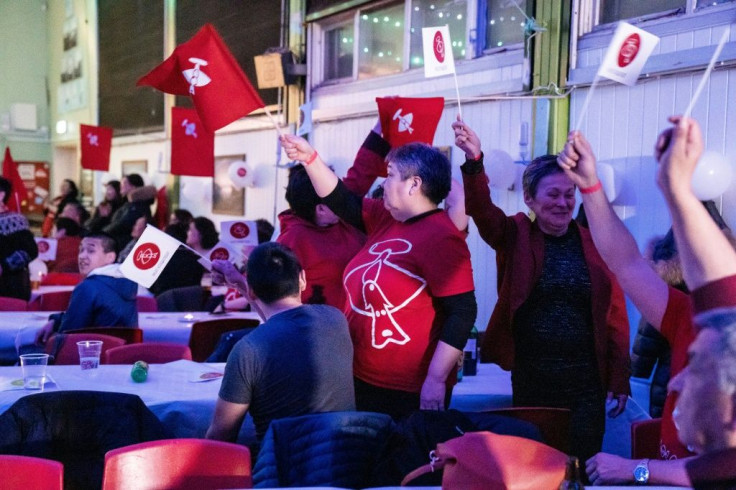
"Your trust commits us to a great responsibility which we will strive to meet," he added.
IA's biggest rival Siumut, a social democratic party that has dominated politics in the Danish territory since it gained autonomy in 1979, came in second in the election held on Tuesday.
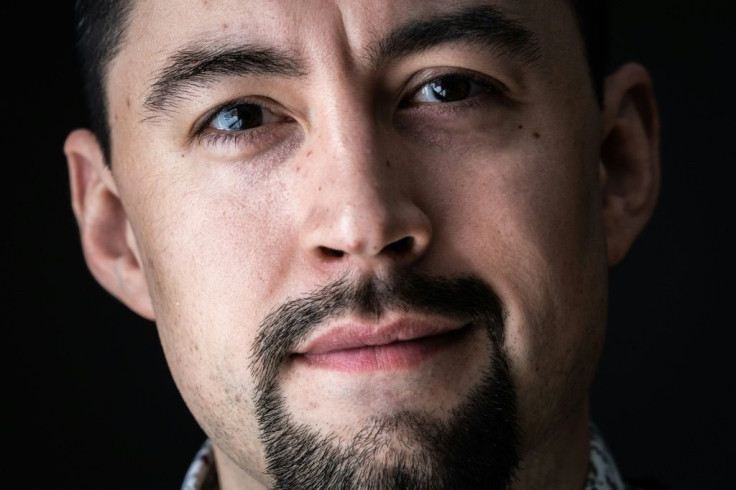
Egede, a member of the Inatsisartut since 2015, took over the reins of the environmentalist party a little over two years ago.
Speaking to KNR broadcaster early Wednesday, he said: "I may be young, but that is also my strength."
After a victory in 2009, this is only the second time the party has dethroned Siumut as the largest party in Greenland, a vast territory with a population of only 56,000, of which some 41,000 are eligible to vote.
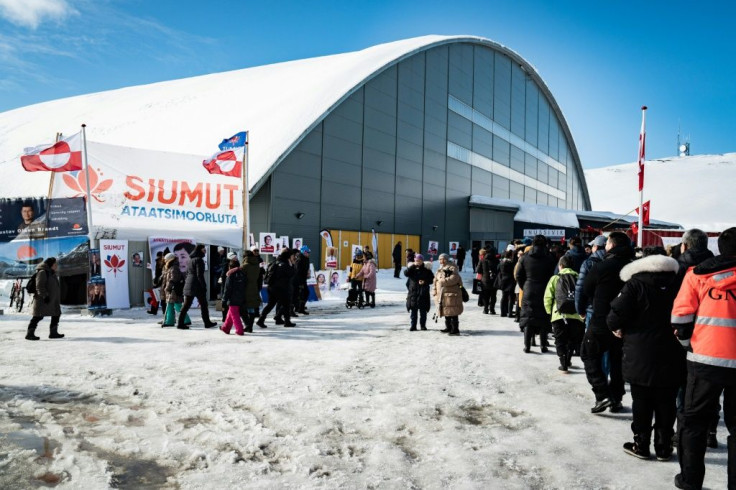
IA's victory gives it four extra seats in the Inatsisartut, up from eight in the outgoing body.
But without an absolute majority, the most likely scenario is that IA will join forces with smaller parties to form a coalition.
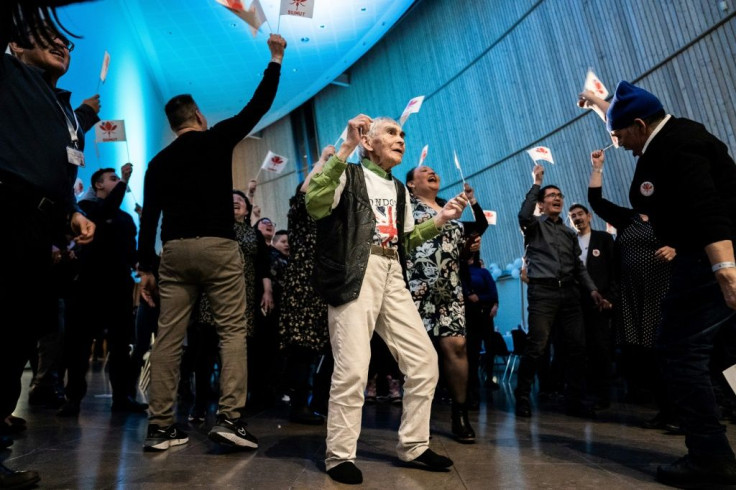
Egede told KNR he would immediately start discussions to "explore different forms of cooperation" before forming a coalition government.
Siumut, which headed the outgoing government, has been partly weakened by internal struggles over the last few years. It gained 29.4 percent of the vote, still two percentage points higher than its results in the 2018 election.
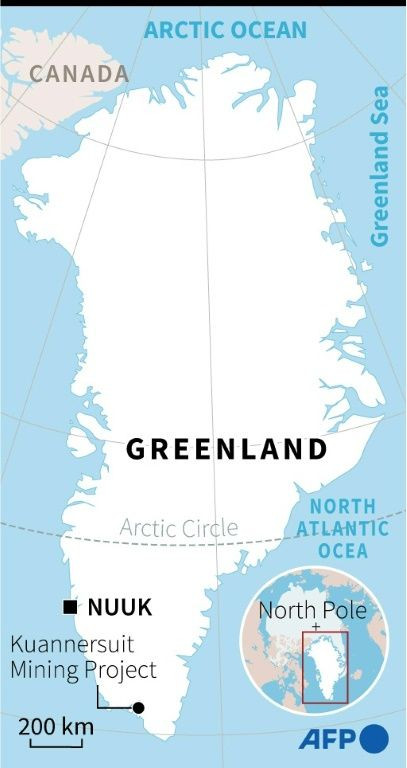
The dividing line between the two parties was whether to authorise a controversial giant rare earth and uranium mining project, currently the subject of public hearings.
The Kuannersuit deposit, in the island's south, is considered one of the world's richest in uranium and rare earth minerals -- a group of 17 metals used as components in everything from smartphones to electric cars and weapons.
IA has called for a moratorium on uranium mining, which would effectively put a halt to the project.
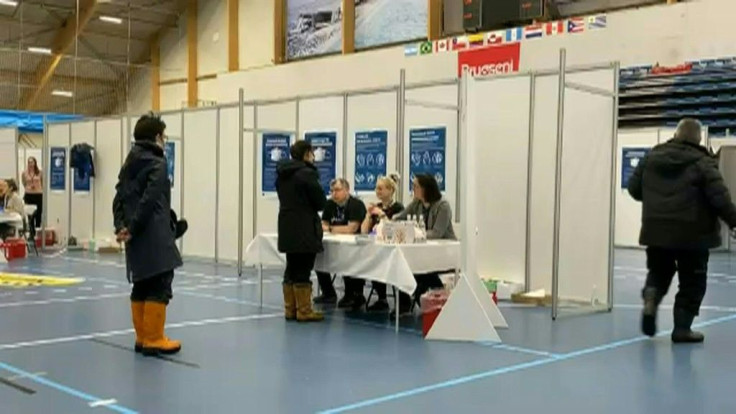
"The message from the voters is very clear: they will not sacrifice the environment to serve the economy," said Mikaa Mered, a professor of geopolitics at Sciences Po university in Paris.
IA has also promised to sign the Paris climate agreement, which Greenland is one of the few countries not to have ratified.
A poll published Monday by newspaper Sermitsiaq showed that 63 percent of respondents were against the mining project, although only 29 percent were against mining in general.
"Public health is the most important thing. We know that the project will have an impact on the environment," Egede said during the final televised debate on Monday night.
Divisions over Kuannersuit originally triggered the snap election in the territory after one of the smaller parties left the ruling Siumut coalition.
Siumut party leader Erik Jensen has said the mine would be "hugely important for Greenland's economy", helping to diversify sources of revenue.
Such a strategy is crucial if the island wants to gain full independence from Copenhagen someday.
But opponents say the project, led by the Chinese-owned Australian group Greenland Minerals, has too many environmental risks, including radioactive waste.
Since 2009, the ice-covered territory has managed its own resources but still relies on annual subsidies of around 526 million euros ($625 million), accounting for about a third of its budget, from Copenhagen.
Nuuk is therefore seeking to diversify its own income, notably through more sustainable fishing, as well as tourism and agriculture.
Traditional fishing currently accounts for 90 percent of its exports.
© Copyright AFP 2024. All rights reserved.




















